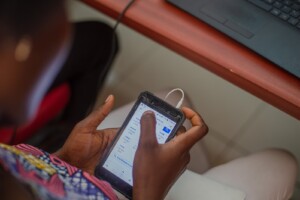Banned Sudanese newspaper ‘will not endorse disinformation’
The National Intelligence and Security Service (NISS) banned the Sudanese El Baath newspaper from appearing on Monday. The editor-in-chief said that this was the ninth time that the security apparatus targeted them.
 El Baath newspaper's logo
El Baath newspaper's logo
The National Intelligence and Security Service (NISS) banned the Sudanese El Baath newspaper from appearing on Monday. The editor-in-chief said that this was the ninth time that the security apparatus targeted them.
Mohamed Widaa, El Baath editor-in-chief, said that NISS officers prevented the newspaper from being printed until after its news, articles and columns were adapted to adhere to the instructions of the NISS regarding the media coverage of the uprising in Sudan.
Widaa said in a statement online that the newspaper “would not deviate from its professional editorial line and would not be part of the systematic disinformation campaign for readers [by the security apparatus, RD]”.
He said that the newspaper cannot be issued if it were to ignore the demonstrations and the violence against protesters. “The sacrifice made by the newspaper cannot be compared to the sacrifice of a martyr or wounded person who has resisted the regime.”
‘63 newspapers banned’
The number of journalists arrested in the course of anti-government protests in Sudan is at least 79, International press freedom watchdog Reporters Without Borders (RSF) reported last week, and the NISS continues to ban and seize newspaper issues.
Last week, journalists Mohamed Ibrahim and Nureldin Jadat, covering the protest for El Tayyar newspaper, and journalist Nidal Ajeeb were also detained.
RSF registered a total of 63 bans and seizures since 19 December. El Jareeda, one of the most-targeted newspapers, has managed to publish an average of less than one issue every two days since the start of the crackdown. This extreme censorship has already cost the Sudanese print media tens of thousands of euros.











 and then
and then